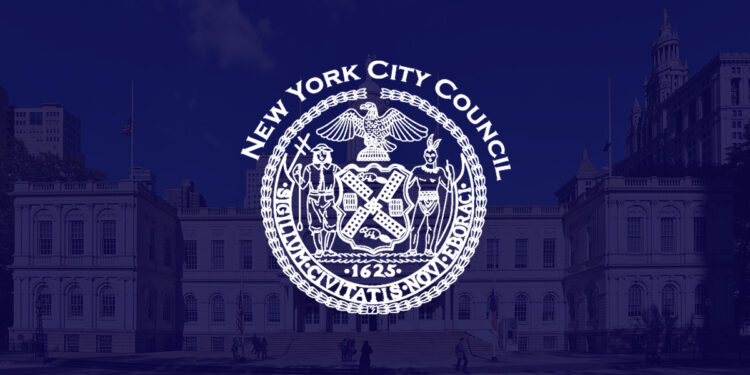On Monday, October 21st, New York City’s “City of Yes” housing proposal, initiated by Mayor Eric Adams, faced intense scrutiny during a public hearing. The proposal aims to address the city’s housing crisis by updating zoning laws, which could lead to the construction of 100,000 new housing units over the next 15 years. By increasing allowable space in buildings by 20%, the plan hopes to create more affordable housing in various neighborhoods, particularly in low-density areas.
Critics argue that the plan could lead to overdevelopment and strain infrastructure in neighborhoods not equipped for rapid growth. Some City Council members, like Kevin Riley of the Bronx, raised concerns about the impact on essential services such as sewer systems, citing that more people would overwhelm resources. At a hearing, he said, “I’m hearing this from my constituents, ‘Kevin, we’re talking about building more density, which means more toilets being flushed, that means more people taking showers, more people washing dishes, this is going to really impact the sewer system,’”
In contrast, city officials, including Department of City Planning Commissioner Dan Garodnick, assured council members that the changes would not significantly impact infrastructure, as the density increase is expected to be modest. He said, “We don’t have to live this way. We have the power to update our outdated rules and generate the homes New Yorkers need across the city,” Garodnick said. “That’s what City of Yes for Housing Opportunity will do, allow for a little more housing in every neighborhood to take a big bite out of our housing crisis citywide.”
Another point of contention is the proposal to eliminate parking requirements for new developments, which some argue could hurt communities dependent on cars due to limited access to public transportation. Council Member Selvena Brooks-Powers voiced concerns about the one-size-fits-all approach, noting that parking is essential in districts like hers, which lack adequate public transit. In response, Garodnick explained that the current parking mandates discourage housing development and that flexibility is key to meeting each community’s unique needs.
Robert Holden, a city councilmember from Queens, said, “The last thing we should be doing is pushing forward a rushed plan that most community boards and countless civic associations oppose,” Holden said. “We need to step back, delay this proposal, and put it up for a vote as either a ballot proposal or an election topic for next year’s municipal elections.”
Supporters of the plan argue that it addresses a longstanding issue with outdated zoning laws from 1961, which have restricted housing growth. These laws, critics claim, have contributed to the city’s housing shortage and deepened economic and racial segregation. The City of Yes would also allow homeowners to convert garages or basements into additional living spaces, a move that proponents believe could ease the housing crisis while making neighborhoods more dynamic.
As the debate continues, the plan faces its final hurdle with the City Council vote later this year. While the proposal has sparked protests and division, both supporters and opponents agree that New York City’s housing crisis demands urgent action.










